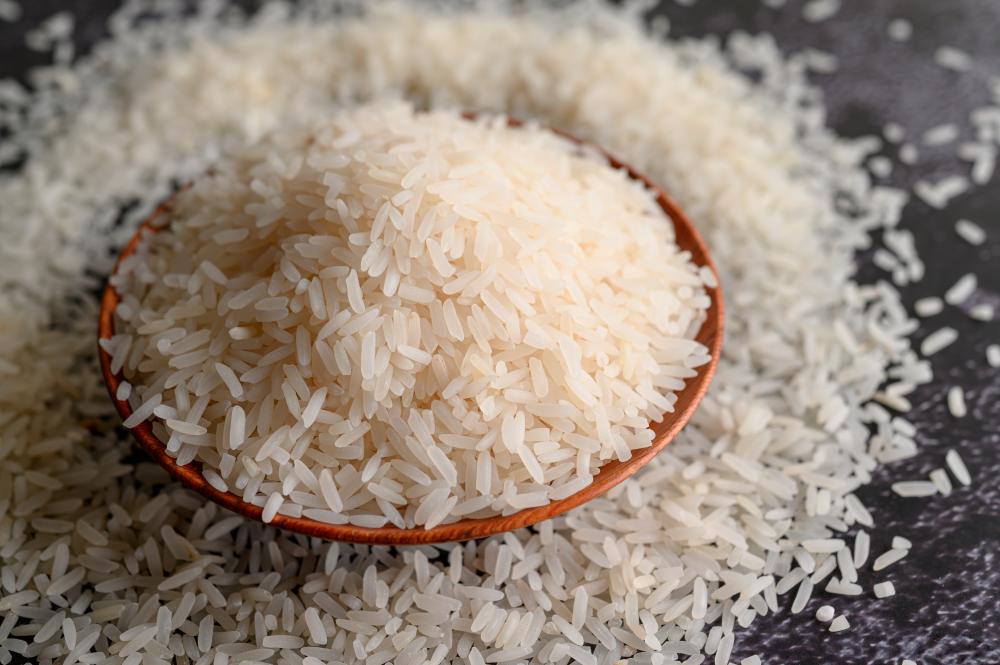JAKARTA: The El Nino is expected to lead to a decline in domestic rice production, with an estimated drop of around five per cent, according to Indonesia’s National Food Agency (NFA).
To address this issue, the NFA plans to release government food reserves held by the state food procurement agency, Bulog, and the state-owned enterprise, ID Food.
The agency’s head, Arief Prasetyo Adi, noted that Bulog currently holds about 1.5 million tonnes of secured stock, with an additional 400,000 tonnes expected to be added.
“We hope that the production decline will not exceed five per cent, but we’re prepared to take action if it reaches seven per cent,” he stated in a statement.
The NFA has been building up these stocks since last year in anticipation of the El Nino and will release them as a government intervention to stabilise prices in the market.
The food assistance programme contributed positively to inflation control last month, he said, adding that preparations are underway for stocks to be available in February and April, coinciding with the general election and Hari Raya Aidilfitri, respectively.
Indonesia’s meteorology agency, BMKG, forecasts that the El Nino phenomenon will persist until early 2024 based on its monthly rainfall predictions.
Current conditions show a surge in the price of dry harvested rice (GKP), reaching a range of 6,700-7,000 rupiah (RM1=3,276 rupiah) per kg, while the price of rice remains highly dependent on the GKP price.
Other factors affecting prices include fertiliser costs, transportation expenses and labour costs.
“While matching last year’s prices may be challenging, the primary factor lies in production, and towards the end of the year, we expect a declining trend,” Arief noted.
Therefore, he urged all relevant stakeholders to continue speeding up efforts to boost domestic production. - Bernama










